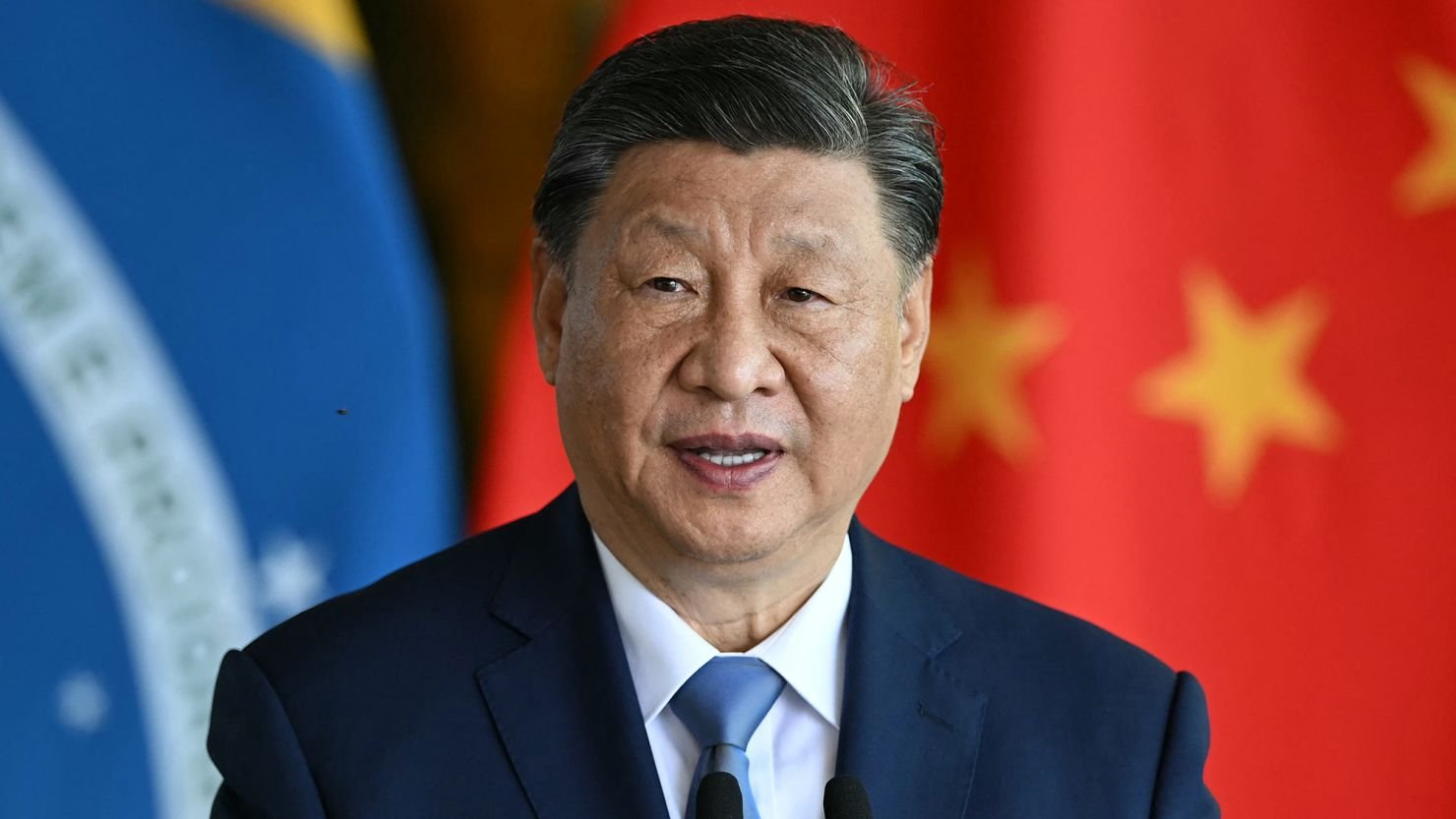Chinese President Xi Jinping on Tuesday, June 17, 2025, made a bold geopolitical statement during the China–Central Asia Summit in Astana, the capital of Kazakhstan. Speaking before a high-level gathering, he said:
“The world can move on without the United States.”
The comment came as Xi signed a Treaty of Permanent Good-Neighbourliness and Friendly Cooperation with five key Central Asian countries: Kyrgyzstan, Tajikistan, Turkmenistan, Uzbekistan, and host nation Kazakhstan.
Xi’s remarks—though not directly naming the United States—were a clear criticism of what China views as Western hegemony, particularly by the United States. By referencing historical empires such as Napoleonic France, Imperial Britain, and Colonial Spain, Xi framed his argument with a sense of historical inevitability: no global power remains dominant forever.
“Empires rise and fall. Nations must build based on mutual respect—not fear or supremacy,” Xi said.
The statement builds on China’s long-term vision of a multipolar world order that emphasizes sovereignty, balance, and shared leadership.
China has significantly increased its presence in Central Asia over the past decade. In the first half of 2025 alone, trade between China and the region exceeded 286 billion yuan (about USD $40 billion), a record-breaking figure. Beijing also pledged over $200 million in development grants to the region.
Key infrastructure projects, such as the long-discussed China–Kyrgyzstan–Uzbekistan railway, are now being fast-tracked. This corridor is part of China’s broader Belt and Road Initiative (BRI), which aims to enhance global connectivity across Asia, Africa, and Europe without relying on Western alliances.
Xi also referenced his Global Civilization Initiative, a diplomatic doctrine introduced in 2023 that calls for tolerance, dialogue, and cultural independence across nations. This ideology positions China as an alternative partner for the Global South, offering assistance without political interference—unlike many traditional Western aid models.
Also Read; G7 Condemns Iran, Backs Israel Amid Conflict
The summit featured cultural exchanges and technical forums that showcased China’s investment in education, renewable energy, and digital infrastructure across Eurasia..
Though Washington has yet to formally respond to Xi’s comments, many analysts interpret them as a direct challenge to U.S. global influence. With rising tensions over Taiwan, the South China Sea, and technology sanctions, the U.S.–China rivalry has reached new levels of strategic competition.
Earlier this year, Washington imposed fresh restrictions on China’s semiconductor and AI sectors, escalating an ongoing tech cold war.
Regional leaders have largely welcomed Beijing’s approach. A senior Uzbek official, speaking anonymously, noted:
“China treats us as equals, not as pawns. That matters in today’s world.”
This sentiment reflects growing disenchantment among smaller nations with global systems that they feel have been dominated by former colonial or Cold War powers.
Whether Xi’s words will reshape global dynamics remains to be seen. But one thing is clear: China is no longer shy about presenting its worldview on the global stage.







